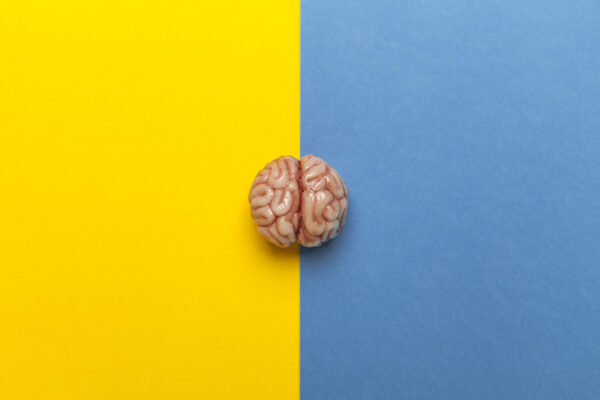
Almost 8 million Americans are living with dual diagnosis, which is the comorbidity of at least two mental health issues at one time. This calls for specialized treatment in which individuals can get help for multiple issues at once, known as dual diagnosis treatment. Unfortunately, many people dealing with multiple mental health issues get help with one issue at a time. And, doing so doesn’t give them the tools and assistance they need to overcome multiple issues, leading to eventual relapse or inability to manage symptoms of every issue they face. But, fortunately, dual diagnosis treatment attacks mental health at multiple levels, allowing individuals to identify causes for concurrent disorders and establish healthy and effective methods in order to manage symptoms.
What is Dual Diagnosis?
Dual diagnosis is the term referring to the situation in which one presents co-occurring mental health disorders. This means that there isn’t just one diagnosis for a mental health issue, but two or more. In these cases, both or all conditions work hand-in-hand to present a multitude of various symptoms including behavioral, mood, and even physical issues. While there are a number of types of dual diagnosis, the most prevalent and typically referenced as “dual diagnosis” is that of substance use disorder with a concurrent mental health issue. The most common mental health issues that pair with other mental health issues like addiction include:
- bipolar disorder
- depression
- anxiety disorders
- ADHD
- schizophrenia
- PTSD
Choosing the Right Treatment for Your Needs Includes Considering Dual Diagnosis
If you have been diagnosed with concurring mental health issues, it’s important to search out treatment that specializes in dual diagnosis. This way, you can address simultaneous issues as they play a part in each others’ development and debilitating symptoms. Without considering dual diagnosis treatment, those living with concurring issues may not receive adequate care enough to successfully establish mental health wellbeing. Fortunately, there are a few things those diagnosed with concurring issues can keep in mind when looking for treatment.
Evidence-Based Treatment
Treatment facilities that offer care from specialized trained in evidence-based treatment methods are the best for dual diagnosis care. These treatment methods are proven effective in helping people deal with and manage all kinds of mental health issues, even if they’re paired or affected by concurring issues. Some of the treatment modalities included in evidence-based treatment centers include:
- Cognitive Behavioral Therapy (CBT)
- Dialectical Behavioral Therapy (CBT)
- Eye Movement Desensitization and Reprocessing (EMDR)
Both Group and Individualized Care
When it comes to treating concurring mental health issues, a number of therapeutic interventions are helpful. But, there is no one cure-all for people living with mental health issues. The best approach is to utilize as many possible helpful services to see what individuals best respond to. And, since both individual and group therapy sessions are proven successful tools in managing mental health symptoms and establishing healthy behaviors and thought patterns, they can both be helpful to someone seeking dual diagnosis treatment. Therefore, those who need care for concurring mental health issues should seek treatment at a facility that offers both individual and group therapy sessions.
Dual Diagnosis Treatment in Delray Beach Florida
Delray Center for Healing offers dual diagnosis care for individuals dealing with concurring mental health issues. While living with one mental health issue is hard enough, dealing with two or more is even more challenging. So, it requires specialized treatment approaches and a skilled team of mental health professionals who care about what they do and helping people in their care. Find out more about our dual diagnosis program today and reach out to us to speak with us confidentially about your needs.
